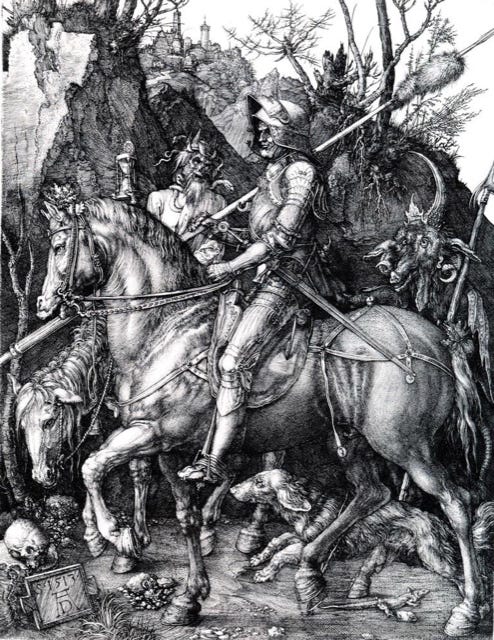On Three Waves
Machiavelli/Hobbes/Rousseau
Just as the banqueteers are drunk from wine, the citizens are drunk from fears, hopes, desires, and aversions and are therefore in need of being ruled by a man who is sober. - Leo Strauss
Leo Strauss was one of the most important historians of political philosophy in the 20th century. A Jewish emigre to America in the 1930s, Strauss made his name as an …



